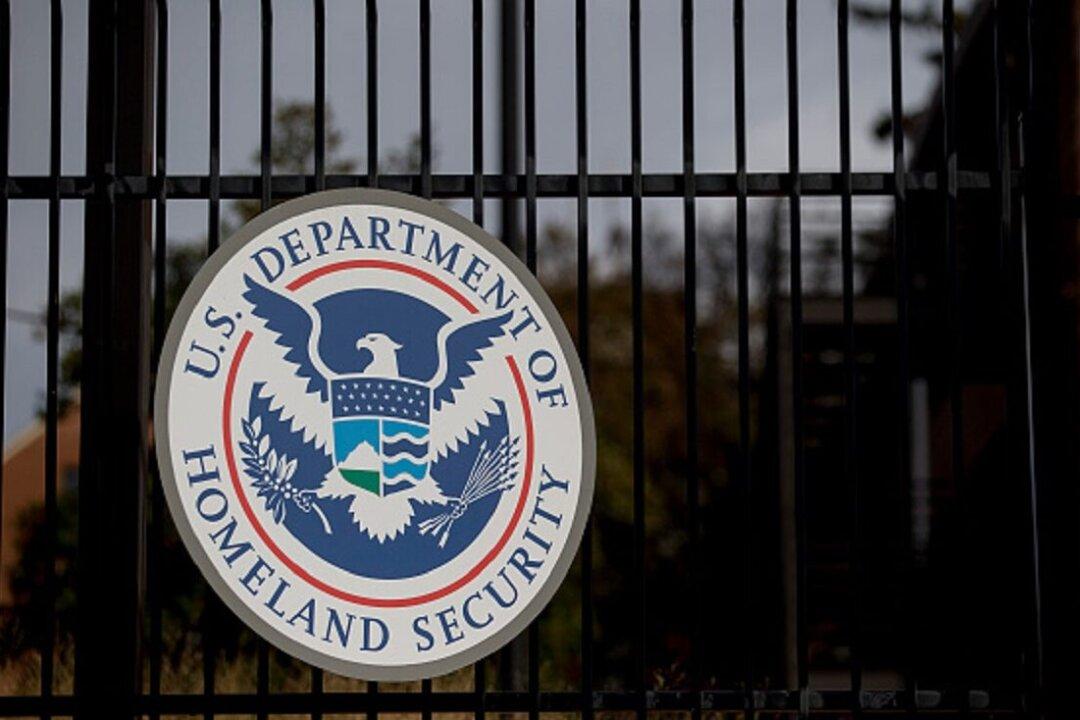Arizona Attorney General Mark Brnovich filed a lawsuit against the Department of Homeland Security (DHS) on Feb. 3 over a memo from the Biden administration that ordered a freeze on the majority of deportations for 100 days.
The DHS released the memo on Jan. 20 (pdf) that imposed the moratorium on most deportations and outlined categories of immigration offenders who will continue to be subject to arrest and eventual removal, including those who pose a national security risk or are suspected of terrorism or espionage.





